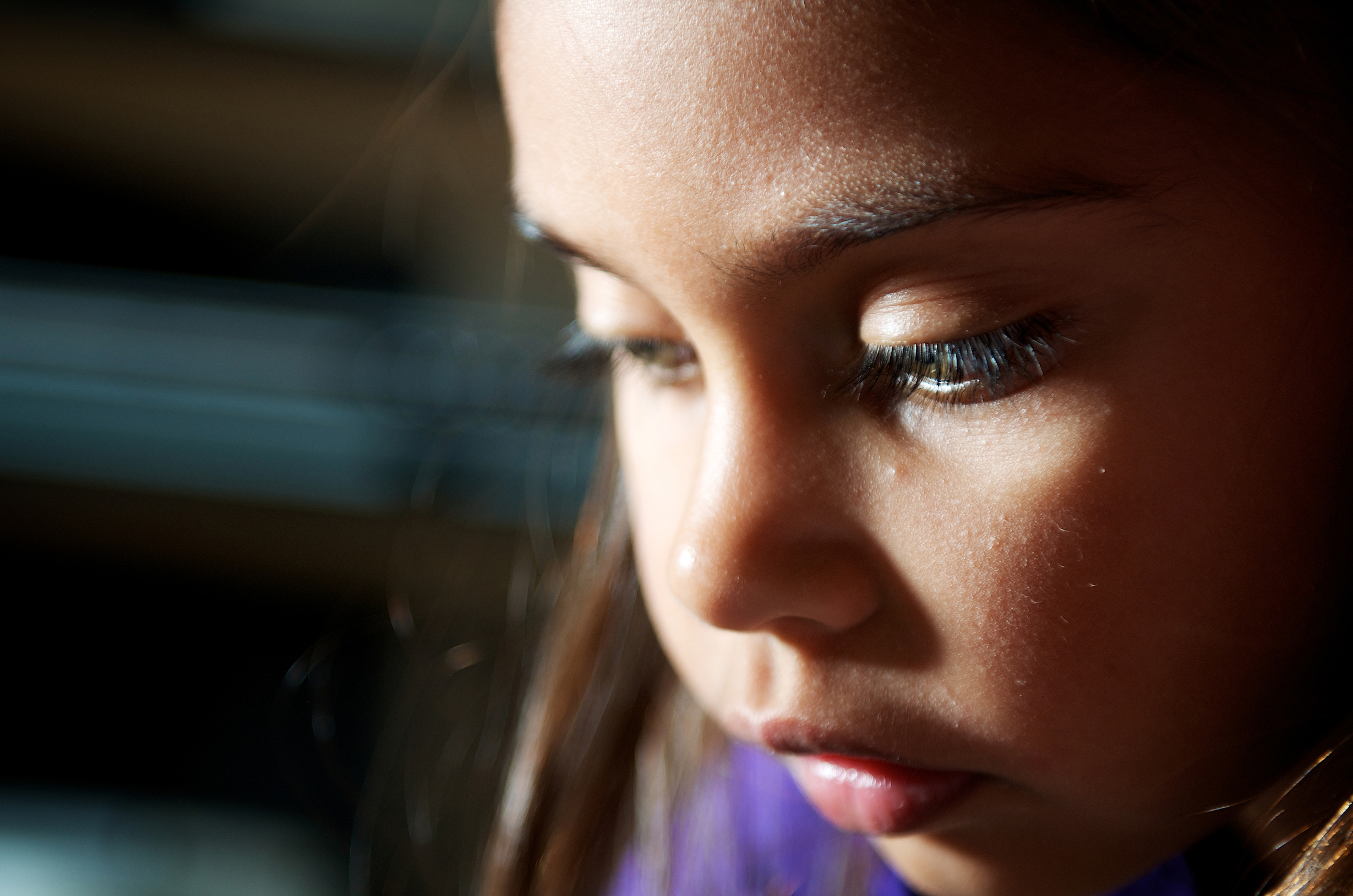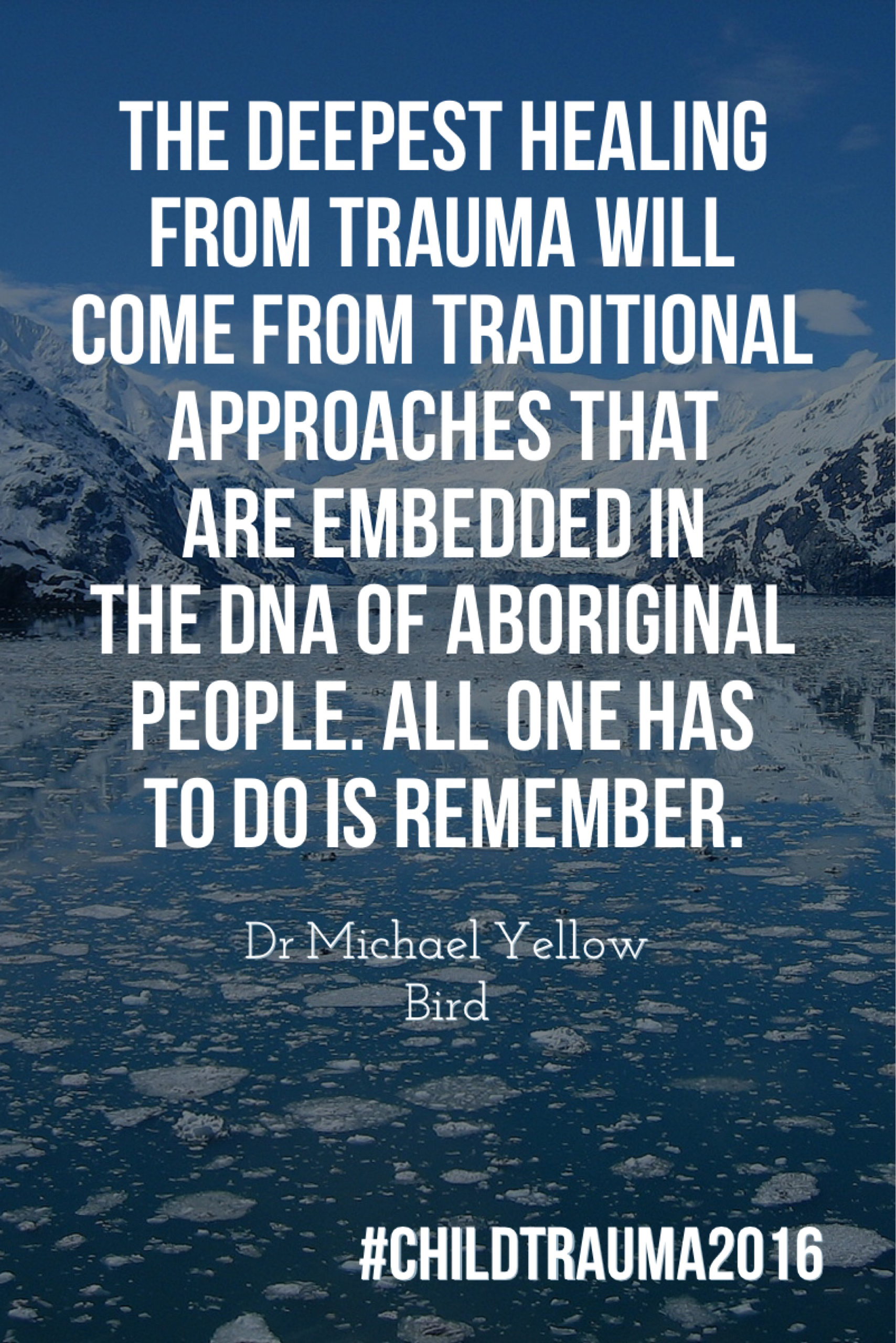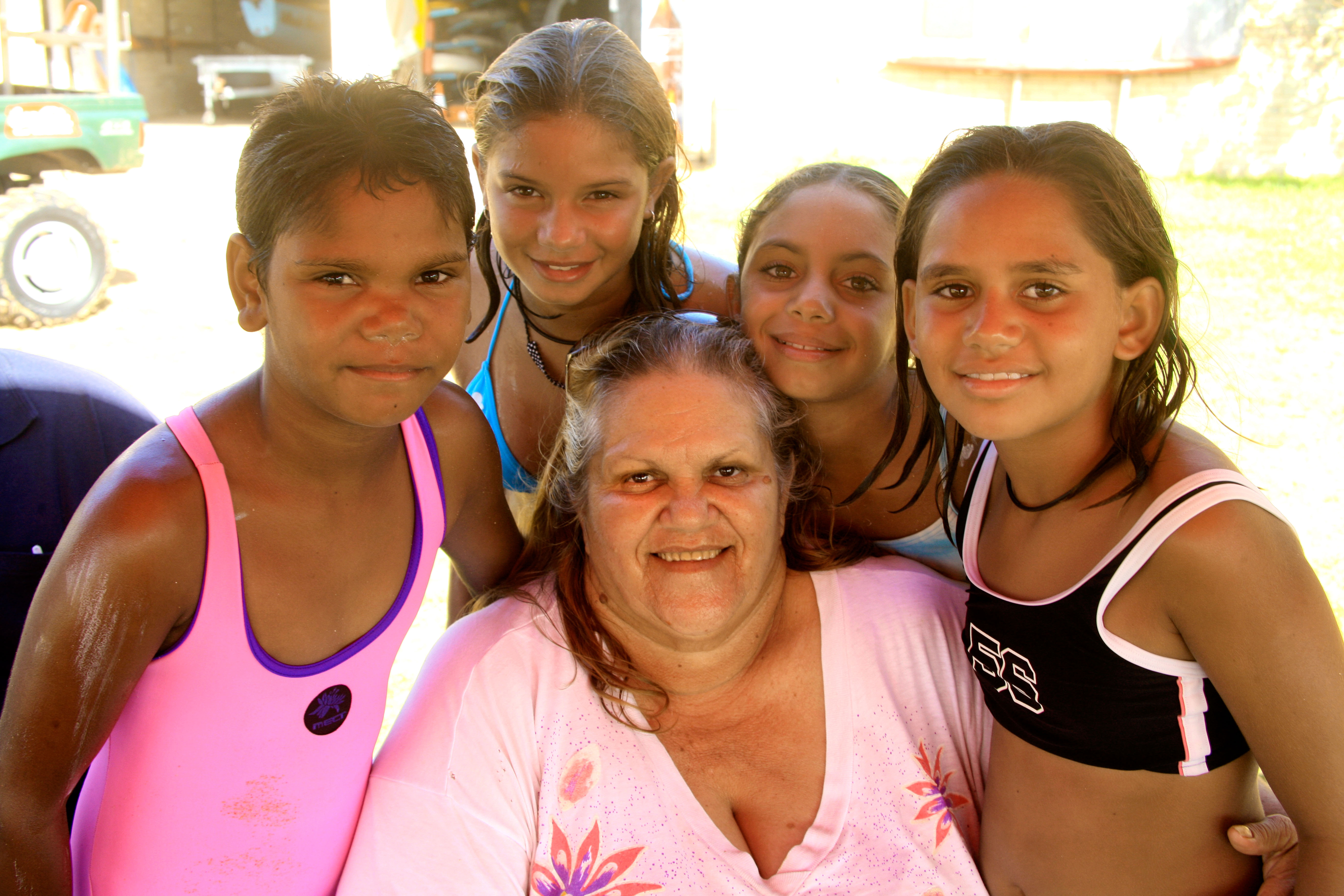
Looking forward – a commitment to better outcomes for Aboriginal and Torres Strait Islander children and young people.

This blog entry was co-authored by Janise Mitchell and Lauren Thomas,
Deputy CEO and Online Professional Community Manager at the Australian Childhood Foundation
.
Aboriginal children and young people are extremely disadvantaged on most indices of health and wellbeing: they have higher rates of health risk behaviours, early school drop-out, suicide, juvenile offending, family fragmentation, abuse and neglect. They continue to be over-represented in juvenile justice, child protection and out of home care statistics.
 Much of this sad reality can be attributed to the breakdown of traditional Aboriginal society, the loss of culturally privileged child rearing practices, the deprivation of culture and loss of identity arising from previous generations of child removal and forced re-location of communities, inadequate housing and the abuse of alcohol and other substances. Aboriginal children and young people are suffering the trauma of abuse and neglect within families experiencing chronic grief and loss, stress, poor physical and mental health and violence.
Much of this sad reality can be attributed to the breakdown of traditional Aboriginal society, the loss of culturally privileged child rearing practices, the deprivation of culture and loss of identity arising from previous generations of child removal and forced re-location of communities, inadequate housing and the abuse of alcohol and other substances. Aboriginal children and young people are suffering the trauma of abuse and neglect within families experiencing chronic grief and loss, stress, poor physical and mental health and violence.
Our work around the country has brought us face to face with these realities. The problems are complex. The solutions must be led by Aboriginal and Torres Strait Islander communities. Partnerships between Aboriginal and Torres Strait Islander organisations and non-Indigenous organisations are an important part of the way forward. Directly and indirectly we all have a role to play. The challenge for non-Indigenous organisations is to ensure that our efforts to help don’t inadvertently result in further colonisation. Janise Mitchell wrote about the challenges of working in decolonising ways recently – you can read it here.
It begins with a strong and enacted commitment to the rights of Aboriginal and Torres Strait Islander children and young people to grow up strong in culture, with enduring connections to their family, community and country. As part of our commitment we have joined the Family Matters Strategic Alliance. Family Matters – kids safe in culture, not in care is a national initiative working in partnership with the non-government sector (Aboriginal and Torres Strait Islander organisations and mainstream non-government agencies). It uses community engagement, systemic change, and communication strategies to reduce the over-representation of Aboriginal and Torres Strait Islander Children in out of home care, and today we took the opportunity to sign a Statement of Commitment, helping to eliminate the over-representation of Aboriginal and Torres Strait Islander Children.
There are 6 Principles which we choose to inform our practice with, and we thought we’d share them here.
Applying a child focussed approach
Although we have always sought to apply child focussed approaches, the commitment in this case it to ensure that the interpretation of the ‘best interests of the child’ is informed by Aboriginal and Torres Strait Islander perspectives, promoting and including the children’s voices in decisions that affect them.
Advancing the best interests of children requires a holistic realisation of their rights, including rights to safety, family, community, housing, health, education, culture and participation.
Ensuring the Aboriginal and Torres Strait Islander people and organisations participate in and have control over decisions that affect their children
We believe that the solutions and change needed to increase safety and well-being for Aboriginal children and young people should be driven by Aboriginal and Torres Strait Islander children, families, communities and organisations. Our commitment is to ensure that we work in capacity building and enabling ways, responding to the needs of communities with whom we engage.
Protecting Aboriginal and Torres Strait Islander children’s right to live in culture
 At our recent International Childhood Trauma Conference, we heard research from Dr Michael Yellow Bird and Judy Atkinson showing that the physical, psychological and spiritual outcomes for indigenous children and young people are always strongest when they are connected to family, community and culture; that continuity of cultural identity promotes healthy development.
At our recent International Childhood Trauma Conference, we heard research from Dr Michael Yellow Bird and Judy Atkinson showing that the physical, psychological and spiritual outcomes for indigenous children and young people are always strongest when they are connected to family, community and culture; that continuity of cultural identity promotes healthy development.
We will continue to promote and enable the full implementation of the Aboriginal and Torres Strait Islander Child Placement Principle, including its intent to maintain quality cultural connections for children throughout their involvement in child protection systems.
We also believe that we play a role in this by developing the capability of the professionals that we engage with and train to work in culturally safe, informed and competent ways.
Pursuing evidence based responses
Again highlighted at the conference, research shows that the traditional knowledge, wisdom and experience of Aboriginal and Torres Strait Islander peoples has great effect. Dr Michael Yellow Bird presented that traditional healing practices often have better and longer lasting impact for indigenous people.
We acknowledge that the requirement for empirical evidence and research means that Aboriginal and Torres Strait Islander peoples may need support and resource to engage in community-led program evaluation and research.
Supporting, healing and strengthening families
 We are committed to developing ways of healing and supporting children, families and communities that incorporates both cultural and western practices.
We are committed to developing ways of healing and supporting children, families and communities that incorporates both cultural and western practices.
We are sensitive to the history of colonisation of Aboriginal peoples and past practices of removal of children from their care. We understand that the impacts of these practices continue into present time and are experienced in community and individual trauma and the health and well-being of Aboriginal people. Our programs recognise and respond to experiences of chronic sorrow and loss, cultural, community and family disconnection and dislocation, identity, or loss thereof, and trauma of many of its Aboriginal service users.
Challenging systemic racism and inequities
This sixth principle is incredibly broad reaching, and our signatory status to the commitment embeds in our foundation culture the need to challenge, advocate for and encourage change wherever we find injustice and racism present in laws, policies, practices, systems and institutions. But, as we recently discussed in our ‘Don Dale: Beyond Anger’ blog, this role is one we believe is essential to all professionals in the field, and indeed to all members of a democratic society.
We are excited about this commitment, challenged by the ongoing need to enact its principles, and hopeful that we can be a part of reaching its 2040 goal to eliminate the over-representation of Aboriginal and Torres Strait Islander children in out-of-home care.
We hope that by sharing these principles you might also consider them in your own practice. Take them to your strategy meetings, staff trainings and policy discussions. The more we all continue this dialogue the better the future can be for Aboriginal and Torres Strait Islander children.
